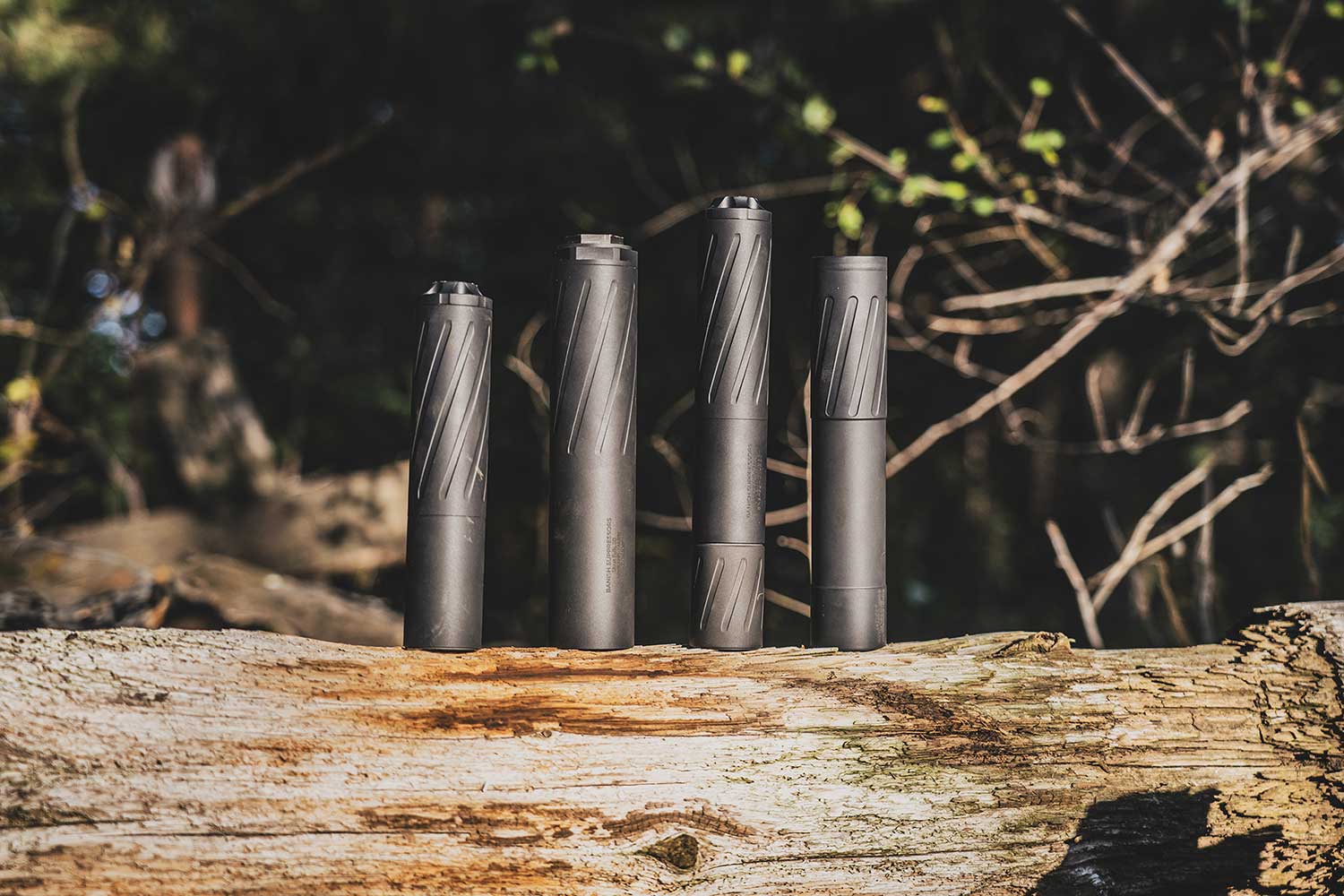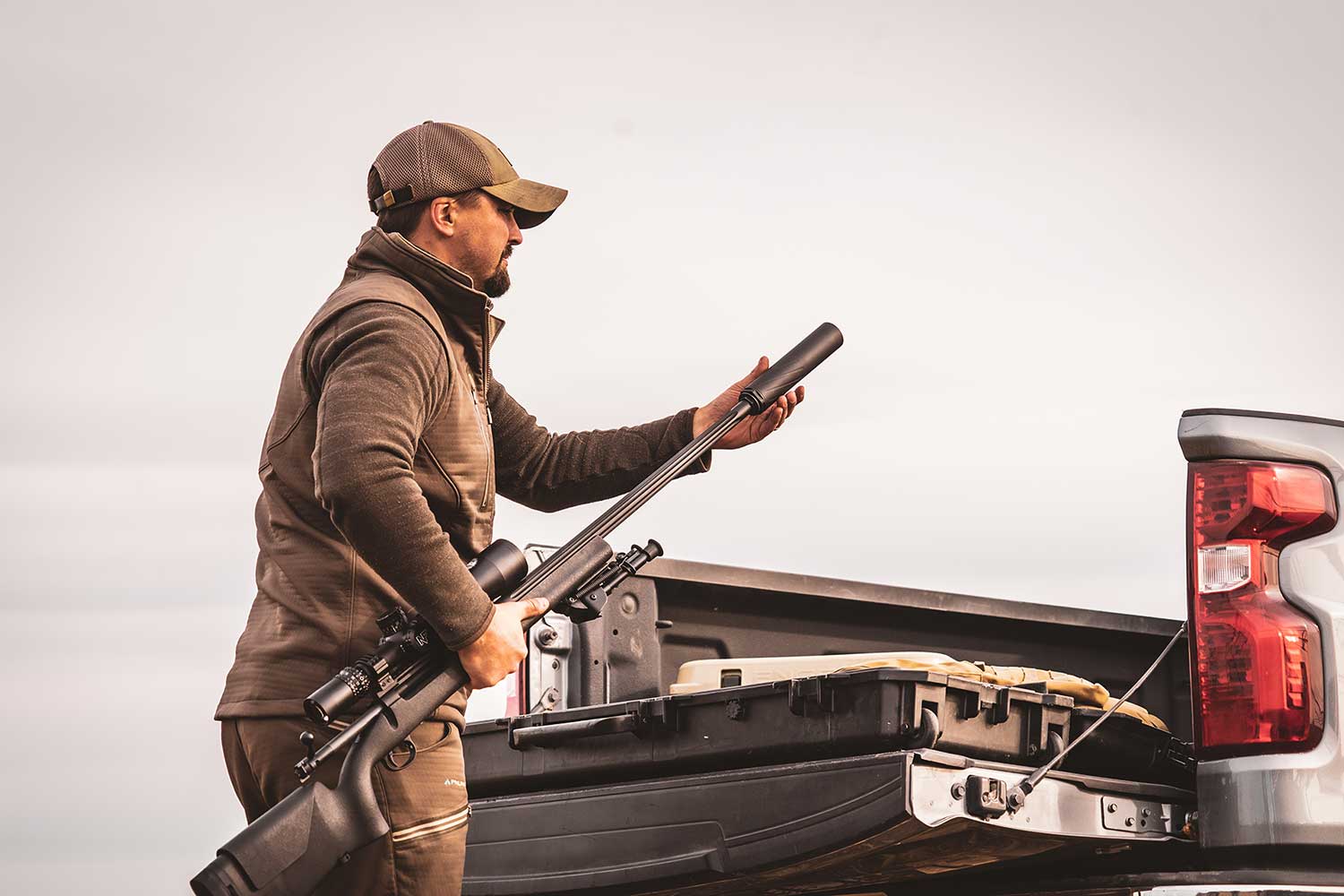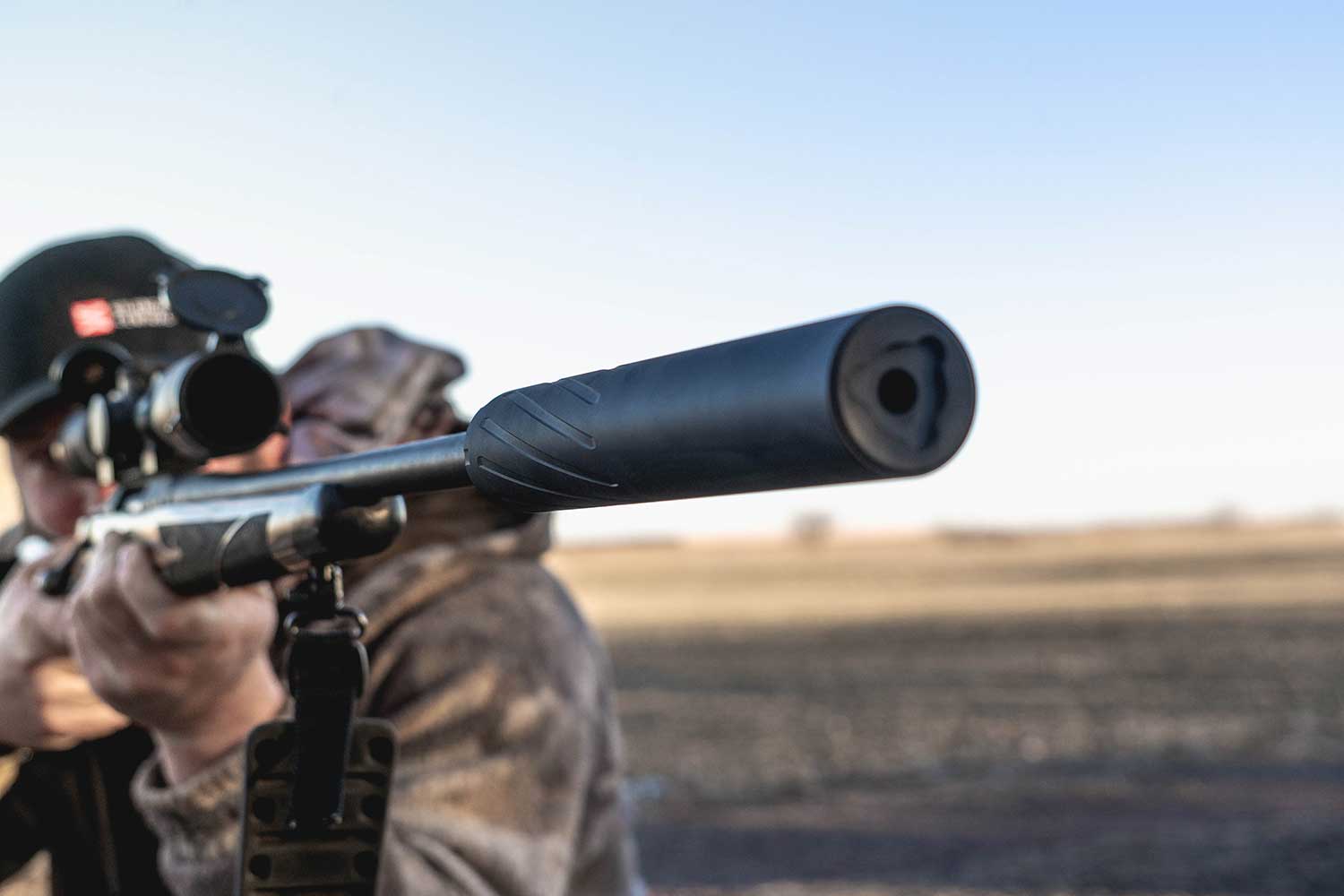Suppressors are an investment, both in terms of money and your own physical well-being. You only get one set of ears, so your hearing is a precious commodity that you need to take care of. Unfortunately, suppressors are not inexpensive, so like any other time you’re considering how you’re going to invest your money, it’s wise to do your research first and be extra sure of where you’re spending your money.
With the help of Silencer Central, we’ll go over some of the key things you should consider to help you decide what suppressor is right for you and your specific needs.
- What Will the Suppressor Be Used For?
Determining how you’re going to use your suppressor is the first step in picking one out. Certain suppressors are geared toward one or maybe two applications and they do them very well. Other suppressors are more multi-faceted and are suited to a wider variety of types of shooting.
- Big Game Hunting
- Long-Range Shooting
- Shotgun Sports/Hunting
Once you determine what you’ll be using the suppressor for, you can start narrowing down your choices.

- The Material of the Suppressor
A lot of time and energy goes into every aspect of silencer design, not the least of which is determining which materials to use. Picking the right combination is critical for performance, weight, durability, longevity, balance, and more.
- Aluminum is often used in suppressor construction because of how light the weight of it is. When it comes to suppressors, every ounce or fraction of an ounce adds up, and the more they weigh, the more you’ll feel it hanging out there on the end of your barrel. While aluminum may be beneficial because of its weight, its main drawback is durability. An aluminum suppressor and its components won’t hold up as well over time as a suppressor made out of a stronger material like steel.
- Steel is one of the most common materials used in suppressor construction. The main benefit of using steel is its strength. Many items that have to be durable are made of steel, so it makes sense that suppressors would be made of it, too. However, the big drawback with steel is weight. The fact of the matter is that steel is heavy. Depending on how you’ll be using your new suppressor, the weight of it may not be of much concern to you. Again, it all depends on how you’ll be using the suppressor.
- Titanium is a great material for suppressor construction. You get the best of both worlds in terms of the materials listed above.https://www.silencercentral.com/blog/titanium-vs-stainless-steel-suppressors/ Titanium offers the strength and durability of steel with the lightweight properties of aluminum. Essentially, you get a rock-solid suppressor built out of an incredibly durable material that will last a lifetime, but you won’t have to sacrifice additional weight because titanium offers exceptional strength at a surprisingly lightweight.

- The Type of Gun You Have
The type of gun you have will also play a role in determining the kind of suppressor you should get. You can’t use a rifle or pistol suppressor on a shotgun, or vice versa. However, you can use some rifle and pistol suppressors interchangeably, but make sure you read your owner’s manual first to be absolutely sure. The only type of gun that you cannot use a suppressor on is a revolver – with the exception of just a couple of late-19th and early-20th century gas seal models.
From here, talk to friends and fellow shooters, chat with the staff at your local gun shop, hop on some internet forums, and soak up as much info as you can.
When you’re ready to purchase your suppressor, give Silencer Central a call. They’ll walk you through the entire purchase, file all of the paperwork for you, get you squared away with a free gun trust, break up your purchase into interest free payments and ship it right to your door once it’s been approved. It doesn’t get any better than that!
Silencer Central can help you select the best suppressor that fits your gun(s) and interests, both with their Banish line of suppressors and a full assortment from other manufacturers.
Let Silencer Central help you get started and set you up on a free National Firearms Act (NFA) gun trust and you will be hunting suppressed before you know it.
